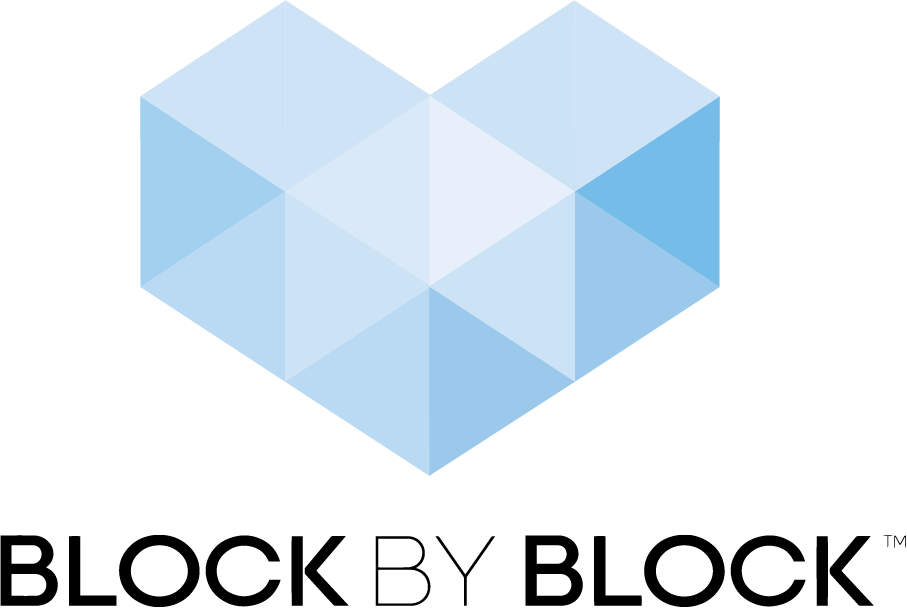Livelihood Help for Street Vendors in Bangladesh
Livelihood Help for Street Vendors in Bangladesh
Our COVID-19 projects in Dhaka and Khulna provided livelihood support and healthy measures for market vendors temporarily relocated due to the pandemic.
Livelihood Help for Street Vendors in Bangladesh
Dhaka and Khulna, Bangladesh
Project type: COVID-19 Response
Collaborators: UN-Habitat, Prottasha-Anti Drug Club, Ward Councilor Offices, Dhaka North City Corporation, Dhaka South City Corporation, Come for Road Children, Paraa
Region: Asia and Pacific
Tags: COVID-19, economic opportunity, micro-interventions, disaster recovery, public health, public safety and security
Millions live in Dhaka’s settlements and work in its informal market sector © UN-Habitat
Background
Due to the COVID-19 pandemic, congested markets in Dhaka needed to be relocated into open fields to enable physical distancing. The temporary markets are currently visited by over 7,000 people per day. Local representatives have been working in the field to raise awareness of the pandemic, however hygiene measures are still poorly maintained and vendors face difficulties operating in open fields.
Building Resilience, Block by Block
Millions of people live in Dhaka’s informal settlements and work in the informal sector. Besides lacking basic services and job security, the urban poor lack access to nutritious, safe, and affordable food. The ongoing COVID-19 pandemic has intensified the vulnerabilities of low-income urban dwellers. Due to the work stoppage during the lockdown, urban dwellers who survive on daily wages now do not have enough food and other necessities. The aim of the project was to provide immediate livelihood support to the extreme poor who lost their jobs due to the pandemic and to promote health and safety measures among customers and vendors in open and street markets.
COVID education to help markets safely provide for their communities © UN-Habitat
Progress
Perhaps the biggest impact from this project is that it helped change the mindset of the community. Many partners pledged to replicate similar activities in other neighborhoods in Bangladesh.
Intervention 1: Providing livelihood support and healthy measures for customers in temporary markets in Dhaka and Khulna.
UN-Habitat, together with “Pratyasha,” Come for Road Children, and city councillors conducted several consultations to understand the needs of the relocated street vendors in Dhaka and Khulna. Based on a needs assessment, they distributed 200 umbrellas to protect vendors from the sun and rain along with hand soap, masks, and awareness-building leaflets. Individuals suffering from extreme poverty were also identified and provided with vans to sell vegetables to support their economic situation.
Distributing carts to help economically vulnerable vendors safely sell produce © UN-Habitat
Intervention 2: Providing livelihood support through urban agriculture in Korail Slum in Dhaka.
Korail Slum is one of the largest slums in Bangladesh, with more than 50,000 people. Many slum dwellers use the unused land along the lakeside for small-scale vegetable farming to support their livelihoods. UN-Habitat (together with Paraa, a voluntary research organization) provided a variety of seasonal vegetable seeds to the extreme poor along with training on farming.
Gifting seeds to support the community’s lakeside farming efforts © UN-Habitat


